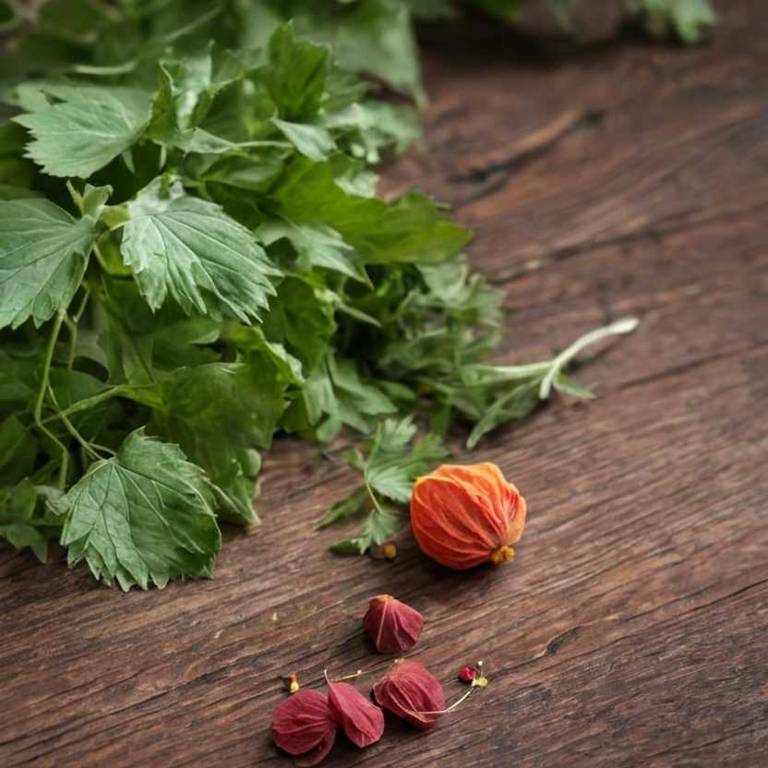Abutilon Indicum: What To Know Before Using It For Medicinal Purposes

Abutilon indicum, commonly known as the velvetleaf or Indian velvet, is a medicinal plant widely used in traditional systems of medicine such as Ayurveda and folk medicine.
It contains various bioactive compounds, including flavonoids, alkaloids, and tannins, which contribute to its therapeutic properties. The leaves and roots of the plant are traditionally used to treat ailments like skin infections, respiratory disorders, and digestive issues. Its anti-inflammatory, antimicrobial, and antioxidant properties have been documented in several studies, supporting its use in natural remedies.
Due to its diverse pharmacological activities, Abutilon indicum continues to be a subject of scientific research for potential pharmaceutical applications.
Health Benefits
Abutilon indicum has several health benefits, such as its ability to support respiratory health by helping to alleviate symptoms of coughs and bronchitis.
It is rich in antioxidants, which can help reduce oxidative stress and inflammation in the body. The plant is also known for its potential to aid in digestion and promote gut health due to its high fiber content. Additionally, Abutilon indicum may contribute to skin health by improving skin texture and reducing acne.
Its traditional use in herbal medicine suggests it may have antimicrobial and anti-inflammatory properties that support overall wellness.
10 Best Health Beneift of Abutilon indicum
Bioactive Constituents
Abutilon indicum has several bioactive constituents, such as flavonoids, alkaloids, and phenolic compounds, which contribute to its medicinal properties.
These compounds exhibit antioxidant, anti-inflammatory, and antimicrobial activities, making the plant valuable in traditional and modern medicine. Flavonoids like quercetin and rutin are known for their ability to scavenge free radicals and protect cells from oxidative damage. Alkaloids present in the plant may possess analgesic and antispasmodic effects, supporting its use in treating various ailments.
Additionally, the presence of phenolic compounds enhances the plant's potential in pharmaceutical applications due to their therapeutic benefits.
Medicinal Preparations
Abutilon indicum has several medicinal preparations, such as teas, tinctures, and topical applications, which are traditionally used in Ayurvedic and indigenous medicine.
The leaves and stems are commonly dried and brewed into teas to treat respiratory ailments like coughs and bronchitis. Tinctures made from the plant are believed to have anti-inflammatory and analgesic properties, often used for pain relief. Topical applications of the plant’s extracts are applied to soothe skin irritations and reduce inflammation.
These preparations are valued for their potential to support overall wellness and address various health conditions.
Side Effects
Abutilon indicum can have some side effects, such as gastrointestinal discomfort, including nausea, vomiting, and diarrhea, particularly when consumed in large quantities.
Prolonged use may lead to liver or kidney damage due to the presence of certain compounds that are toxic in high doses. Allergic reactions, such as skin rashes or itching, may occur in individuals sensitive to the plant's components. In rare cases, it may cause respiratory irritation or exacerbate existing respiratory conditions.
It is important to consult a healthcare professional before using Abutilon indicum for medicinal purposes to avoid potential adverse effects.